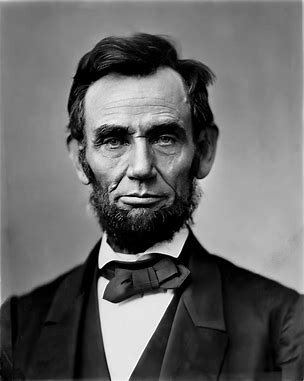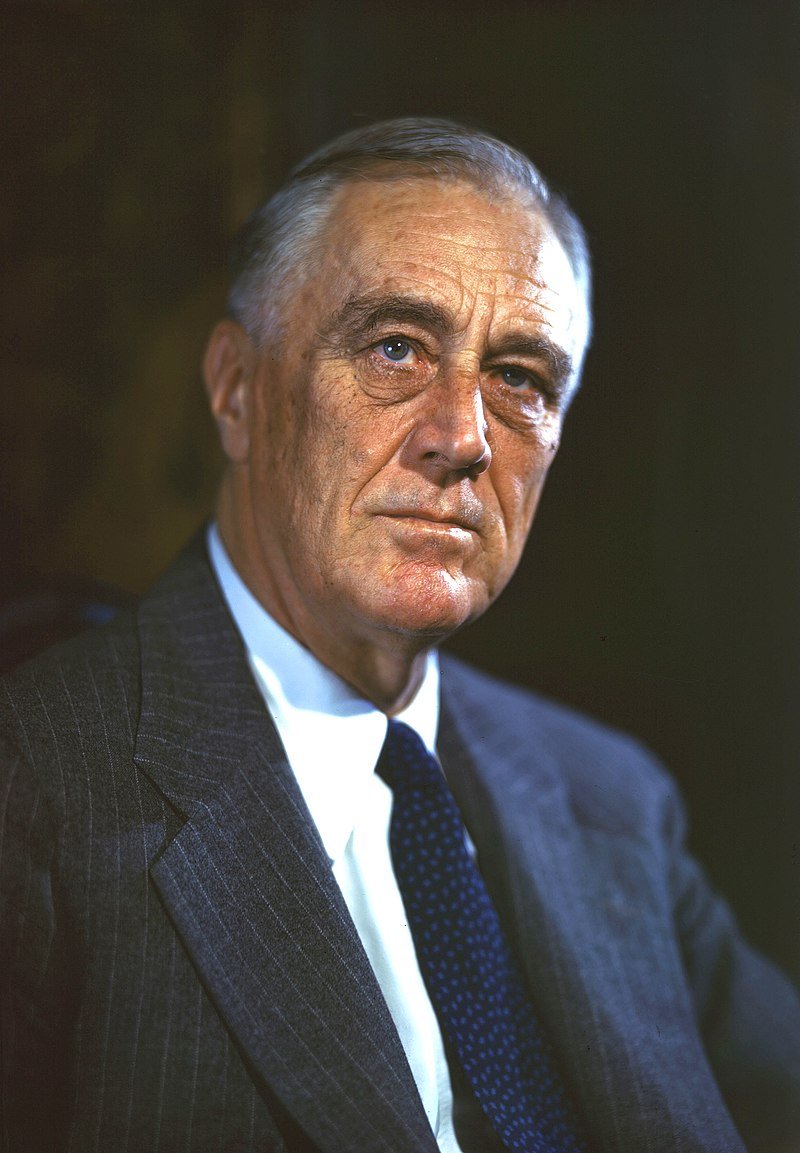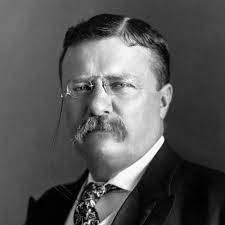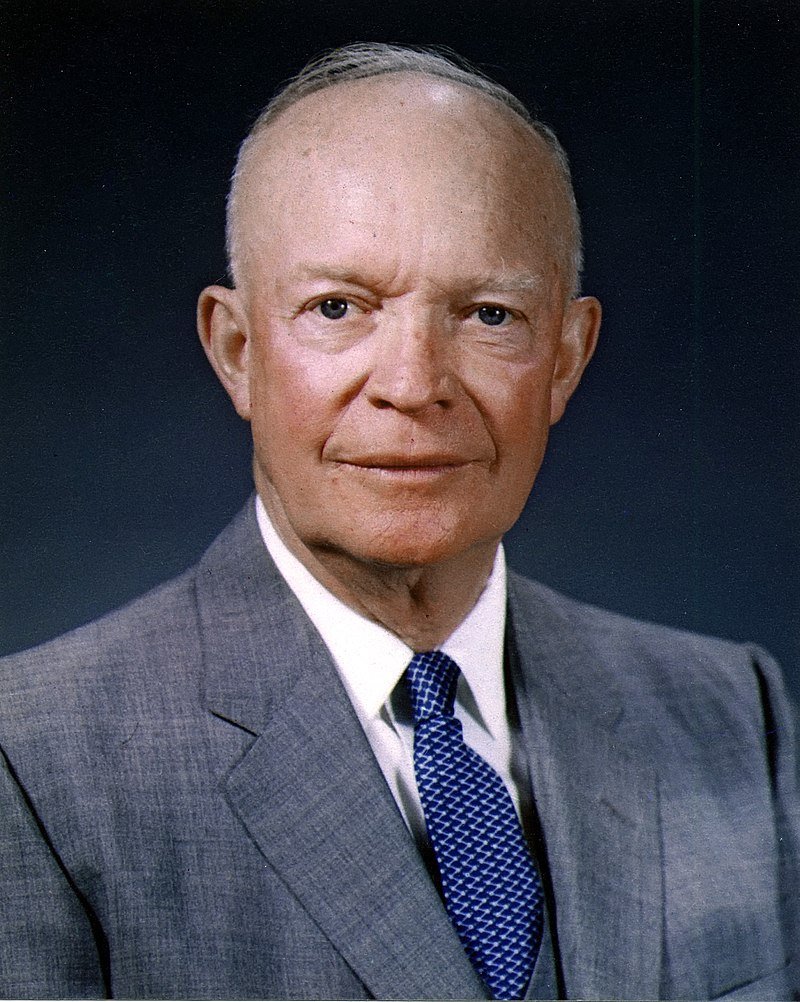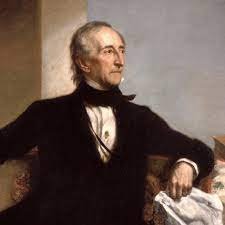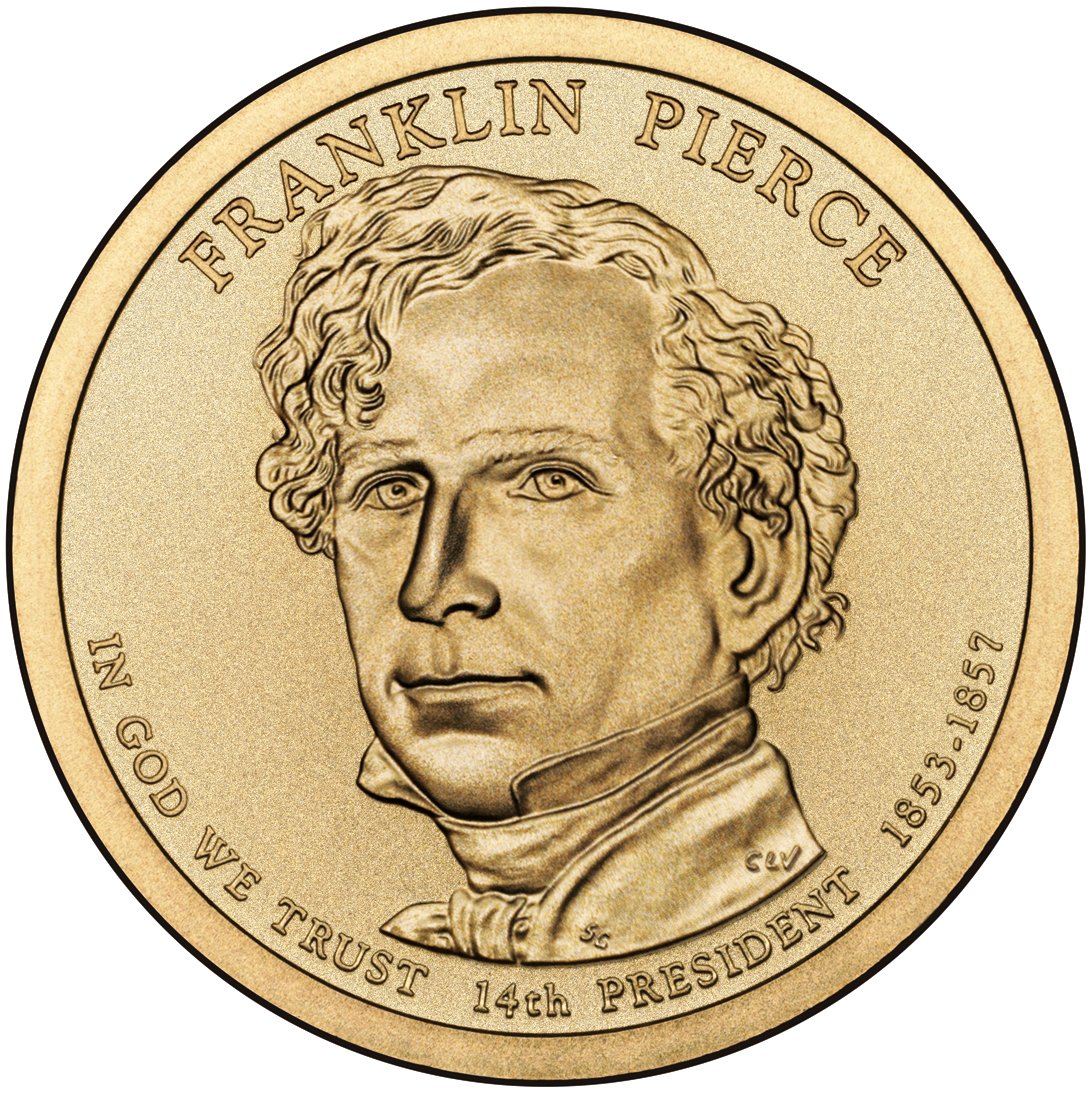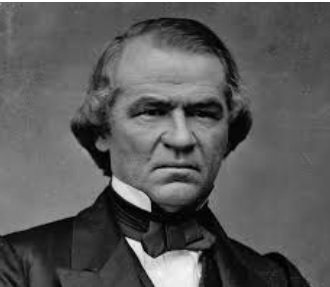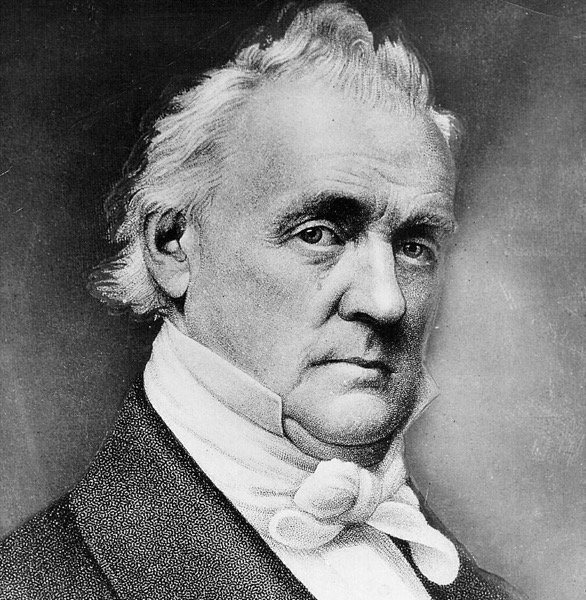2021 C-SPAN Presidential Ranking Survey
Presidential Rankings
C-SPAN recently released their fourth survey ranking Presidents from best to worst. Their previous surveys were performed in 2000, 2009, and 2017. Over 100 historians participate in the survey.
Presidents are rated on 10 characteristics:
Public Persuasion
Crises Leadership
Economic Management
Moral Authority
International Relations
Administrative Skills
Relations with Congress
Vision / Setting an Agenda
Pursued Equal Justice for All
Performance within the Context of times
The top four Presidents have remained unchanged: Abraham Lincoln, George Washington, Franklin Roosevelt, and Theodore Roosevelt. Eisenhower moved into the top five in the 2017 survey, displacing Harry Truman to sixth place.
Presidents in the pre-Civil War years hold the bottom slots including John Tyler, Franklin Pierce, and James Buchanan. Also, Andrew Johnson, who became President upon Lincoln’s assassination ranks near the bottom. His opposition to Civil Rights legislation in the immediate aftermath of the Civil War, which led to his near impeachment, results in his position as one of the worst Presidents.
However, there are several Presidents whose reputations have either significantly improved or worsened since these surveys started.
Ulysses S. Grant
In the initial 2000 survey, historians ranked Grant as one of the worst Presidents, in the bottom quartile of the list. There were many scandals during his administration including the “Black Friday Gold Panic” of 1869. Some financiers attempted to corner the gold market using Grant’s brother-in-law to influence the President. In another, known as the “Whiskey Ring,” corrupt officials profited by diverting tax money into their own hands. Rumors that Grant was a drunkard also hurt his standing.
Grant had the largest gain, jumping from 33rd on the list to 20th (out of 44 ranked Presidents).
The primary factor is his strong defense for Civil Rights in the South. When Grant became president in 1868, the South was resisting Black rights through violence and intimidation. During Grant’s administration, laws were passed protecting Civil Rights. Grant signed legislation creating the Justice Department to enforce the 14th (Citizenship) and 15th (right to vote) Amendments.
In 1871, the Ku Klux Klan Act authorized the President to impose martial law. Grant sent Federal troops, and the Klan's power collapsed. Elections in the South saw Blacks voting in record numbers during Grant’s presidency. His Postmaster General used patronage powers to appoint many Black men and women as postal workers across the nation. In 1872, Frederick Douglass released a pamphlet endorsing Grant’s re-election, entitled “U.S. Grant and the Colored People.”
In this most recent survey, Grant is now rated the sixth-best President in pursuing equal justice for all.
George W. Bush
In 2009, immediately after he left office, Bush was ranked 36th on the list, putting him in the lowest quartile. He is now ranked 29th, jumping seven places into the third quartile. He saw the largest ranking improvements in the characteristics of public persuasion and relations with Congress. Republicans controlled the House and Senate for the first six years of Bush’s Presidency, which probably helped him work successfully with Congress. And his leadership after 9/11 is a likely factor in the public persuasion factor.
Dwight D. Eisenhower
Eisenhower has always been considered an excellent President in these surveys. He was initially ranked as the ninth-best President in 2000, advancing to fifth place in the most recent survey. He ranks well in each of the 10 criteria listed above, with the largest improvement since 2000 in the international relations category. I think this relates to the recognition of his handling of the Cold War with the Soviet Union, keeping it a cold war.
Several President Rankings have declined in the past 20 years.
Andrew Jackson
Jackson fell from the top quartile, at number 13, to number 22, a decline of nine places.
Andrew Jackson was the first president to come from a humble background. Before Jackson, the first six Presidents were college-educated aristocrats from either Virginia or Massachusetts.
Jackson was one of the founders of the modern-day Democratic party (Thomas Jefferson is the other). Jackson considered himself the ‘champion of the common man,’ and his movement was called, ‘Jacksonian Democracy.’ Jackson supported the Union against South Carolina’s attempt to nullify a Federal tariff bill by threatening the use of military force. State’s rights and nullification later became issues leading up to the Civil War.
However, more recently, Jackson has come under criticism for his treatment of Native Americans. Through the Indian Removal Act of 1830, he supported relocating Native Americans from their historic lands in the Southeast to lands west of the Mississippi, in present-day Oklahoma. Many were forced to walk the “Trail of Tears,” a consequence of these actions. The annual Jefferson-Jackson Day Dinner, held as a fund-raising event by the Democratic Party, has now been re-named in many States due to these concerns. For example, Indiana Democrats now call it the Hoosier Hospitality Dinner.
The U.S. Mint plans on replacing Jackson the $20 bill with Harriet Tubman, leader of the Underground Railroad in the 1800s. A specific timetable has not been set.
Woodrow Wilson
Wilson dropped from the sixth-best President in the 2000 survey to 13th place on the 2021 ranking list.
His administration implemented several progressive reforms, including the creation of the Federal Reserve System, the implementation of the first income tax, and the creation of the Federal Trade Commission to regulate business practices. In foreign affairs, he was an idealist, favoring self-determination, arms reduction, and a League of Nations to maintain peace. He based our entry into World War I on these ideals, known as the “Fourteen Points.” Wilson won the Nobel Peace Prize in 1919 for his efforts.
More recently his reputation has taken a hit due to the publicity of his racist behavior. During his administration, many federal departments were re-segregated. In 1919, numerous race riots across the U.S. resulted in hundreds of deaths. Wilson declined to take any action to protect Black Americans in what became known as the “Red Summer.” In 2000, Wilson was ranked 20th on equal justice, in the middle of the list; the 2021 survey ranked him as one of the worst Presidents on this criteria – 37th on the list.
Another criticism of the Wilson administration is the Sedition Act of 1918, making it illegal to criticize the U.S. government, a restriction of our civil rights. Finally, Wilson suffered a severe stroke with 18 months left in his term, leaving him incapable of performing as president, but he refused to give up the office.
In 2020, Princeton University, where Wilson had served as president, removed his name from the School of Public and International Affairs.
Conclusion
So far the rankings list has remained pretty stable at the top and bottom. In between, rankings have changed. Policies that looked sound may not stand the test of time. Or Presidential leadership may look better in retrospect as our historical understanding changes.
But, wherever these men standing on the rankings, we should give them credit for doing one of the hardest jobs in the world and using their judgment to do what they thought was best for the country at the time given the facts and circumstances as they understood them.
